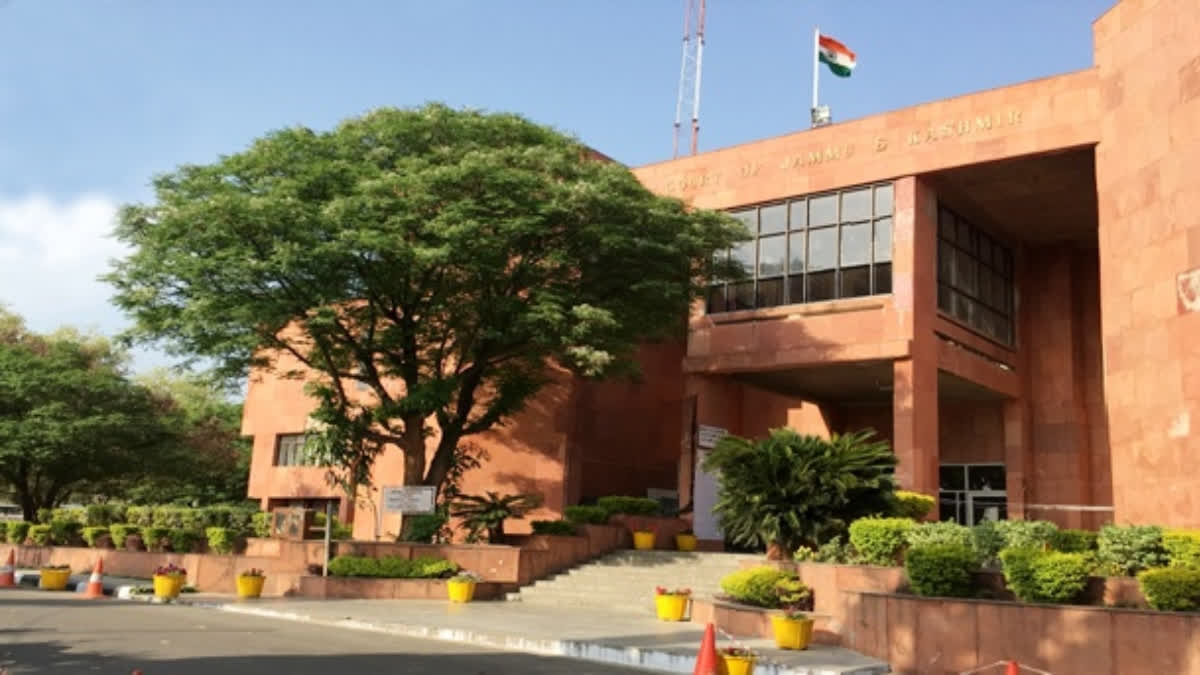Srinagar:Jammu and Kashmir and Ladakh High Court has recently upheld the acquittal of the Border Security Force (BSF) personnel in the contentious Army patrol firing case from the night of July 16 and July 17, 1999, during the Kargil War.
A bench of Justices Sanjay Dhar and Rajesh Sekhri observed: “Unfortunately, respondents have been roped in, merely on the basis of suspicion, otherwise, there is absolutely no evidence to establish that respondents had deliberately fired upon the Army patrol party."
The court reviewed an appeal against the decision of the Sessions Court, which had acquitted the defendants of charges under Sections 302/307/34 of the Ranbir Penal Code (RPC). The prosecution's case centered around an incident involving an army patrol party led by Lieutenant Sanjiv Dahiya.
As the patrol party approached a BSF bunker en route to a forward post, it was alleged that the BSF personnel on duty fired upon them, resulting in the tragic death of three army personnel and severe injuries to another soldier. The court emphasized that the prosecution failed to provide evidence of serious injuries sustained by witness Keshav Singh, which undermined the credibility of their case. Without medical evidence or documentation, the prosecution's claims were weakened.
